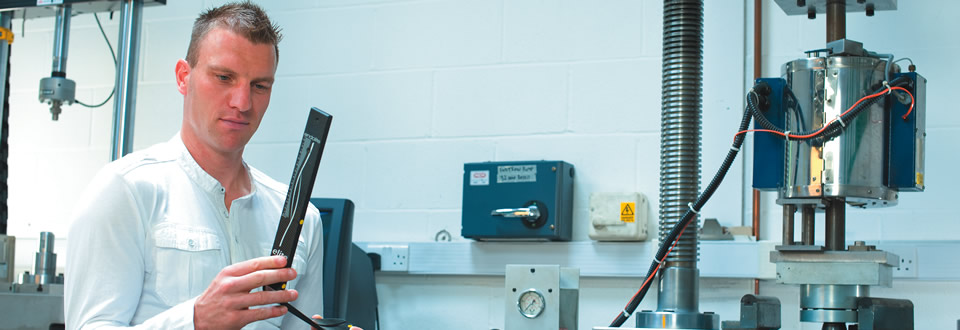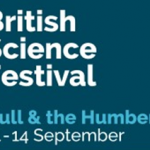
Huge congratulations to Bryce Dyer who has been selected for one of the leading awards in science communication as the Isambard Kingdom Brunel Award Lecturer at the British Science Festival. If you want to catch Bryce in action before the British Science Festival in September, he will be appearing as part of the Festival of Learning featuring in the following events:
- The fastest men on no legs: Disability, prosthesis and the role of technology in elite sport
- Lights, cameras and some action: My three year learning curve of science, public engagement and the media
The British Science Association press release states that:
‘An academic from Bournemouth Univesity has been selected for the prestigious honour of delivering an Award Lecture, at the 2013 British Science Festival, which will be taking place in Newcastle from 7-12 September.
Mr Bryce Dyer will deliver the Isambard Kingdom Brunel Award Lecture, and joins the ranks of previous award lecturers such as Professor Brian Cox, Professor Richard Wiseman, and Dr Maggie Aderin-Pocock.
Each year, five academics from across the UK are selected to take part in the Award Lecture series, with each lecture encompassing a different area of science.
The Isambard Kingdom Brunel Award focuses on the fields of engineering, technology and industry. Mr Dyer will present “Prosthesis, disability and the role of technology in elite sport”.
The lecture will reveal the colourful history of limb prostheses, and progress into how they have been engineered to not only complete, but also to compete in physical challenges today.
“Mr Dyer will examine the controversy surrounding the use of such technology in competitive sport, following the debates off the back the London 2012 Games, and look at what could be done to address such problems in the future.
Finally, the lecture will examine how such technology attempts to restore the function of amputated limbs to people like elite athletes or the armed forces and ultimately how such innovations may change the face of both disability and sport as we currently recognise it in the very near future.
The British Science Festival is one of Europe’s largest celebrations of science, engineering and technology, with over 250 events, activities, exhibitions and trips taking place over a week in September, in a different location every year.
The programme of events offers something for everyone, with activities for families and schools groups, teens, adults, and stimulating debate for anyone interested in the latest research.
Mr Dyer said “I am delighted to have this opportunity, and am looking forward to presenting this research. The British Science Festival is a unique opportunity to share scientific findings with the public, and it is an honour to be selected to give the Award Lecture”’
 The Friday Prof-ile: Bryce Dyer
The Friday Prof-ile: Bryce Dyer Nominate an Award Lecture for British Science Festival 2018
Nominate an Award Lecture for British Science Festival 2018










 Seeing the fruits of your labour in Bangladesh
Seeing the fruits of your labour in Bangladesh Exploring Embodied Research: Body Map Storytelling Workshop & Research Seminar
Exploring Embodied Research: Body Map Storytelling Workshop & Research Seminar Marking a Milestone: The Swash Channel Wreck Book Launch
Marking a Milestone: The Swash Channel Wreck Book Launch No access to BRIAN 5-6th February
No access to BRIAN 5-6th February ECR Funding Open Call: Research Culture & Community Grant – Application Deadline Friday 12 December
ECR Funding Open Call: Research Culture & Community Grant – Application Deadline Friday 12 December MSCA Postdoctoral Fellowships 2025 Call
MSCA Postdoctoral Fellowships 2025 Call ERC Advanced Grant 2025 Webinar
ERC Advanced Grant 2025 Webinar Update on UKRO services
Update on UKRO services European research project exploring use of ‘virtual twins’ to better manage metabolic associated fatty liver disease
European research project exploring use of ‘virtual twins’ to better manage metabolic associated fatty liver disease